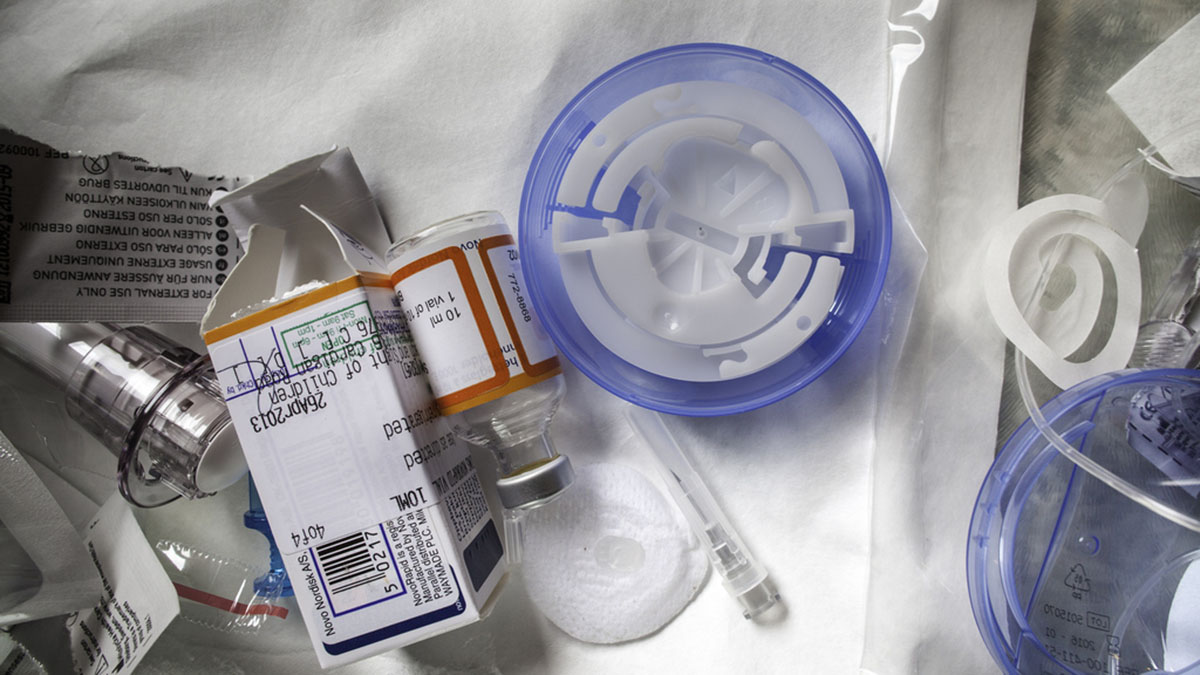Table of Contents
Referring to HbA1C as a "lie detector" suggests that diabetics aren't facing the truth about their disease. Often they are. They just aren't taking their blood sugar levels often enough or at the right time of day. Ideally, every diabetic would test before breakfast, about two hours after each meal, and before going to bed, plus before and after exercise. Doing this much diabetic testing reveals information an HbA1C test never can. But since most diabetics don't test that much (in part because glucose test strips are expensive), HbA1C can point the way to helpful changes.

However, HbA1C testing isn't perfect. Here are some considerations that your nurse practitioner or old-school doctor may overlook:
- The HbA1C levels chart uses a mathematical formula for converting HbA1C levels to average glucose levels.(The formula used in the USA has an additional step that converts mmol/L to mg/dl.) It assumes that red blood cells live for 100 days. However, there is a range of lifespans for red blood cells of about 85 to 115 days. If your red blood cells turn over more quickly than expected (which doesn't necessarily mean there is anything wrong with your blood), your HbA1C will be lower than your true average blood sugar levels would predict. If your red blood cells turn over more slowly than expected (which also doesn't necessarily mean there is anything wrong with your blood), your HbA1C levels will be higher than your true average blood sugar levels would predict. If you have fast turnover, your doctor may give you less medicine than you really need. If you have slow turnover, your doctor may give you more medicine than you really need. To get the right amount of medication, you and your doctor need to know your highs and your lows, not just your average level.
- Sickle cell disease may require different methods to monitor long-term blood sugar control. Infants and people who have persistence of fetal hemoglobin may not have the kind of hemoglobin that glycates with blood glucose and get false negative results, appearing to have good blood sugar control when they do not. (All of these conditions are relatively rare, and you would likely know if you have them.)
What can you expect if your HbA1C levels are high? In the United States, there are some new recommendations for diabetics with high blood sugar levels that you would not have heard in the past. Below we are listed a few healthy choices that lower HbA1c:
- If your HbA1C is over 7.0 percent and your BMI is over 40 (that is, you are "morbidly obese"), your doctor will recommend bariatric surgery, such as Roux-en-Y gastric bypass, gastric resectioning, or a lap band. These procedures often result in nearly immediate remission from diabetes. It is less expensive for your insurance company to pay for your weight reduction surgery than it is to pay for diabetes care. However, if your body does not produce insulin, you will still have diabetes even after the surgery. Many doctors fail to consider that type 2 diabetics can become insulin-dependent over time.
- If your HbA1C is over 7.0 percent, your doctor may refer you to an endocrinologist to get an insulin pump. The newer models have continuous glucose monitoring that allows you to correct blood sugar problems as soon as they occur. Insulin pumps are now recommended for both type 1 and type 2 diabetics.
- The Diabetes Control and Complications Trial Research Group. The effect of intensive treatment of diabetes on the development and progressions of long-term complications in insulin-dependent diabetes mellitus. N Engl J Med. 1993. 329:977-986.
- Pivovarov R, Albers DJ, Hripcsak G, Sepulveda JL, Elhadad N. Temporal trends of hemoglobin A1c testing. J Am Med Inform Assoc. 2014 Nov-Dec. 21 (6):1038-44.
- Photo courtesy of practicalcures: www.flickr.com/photos/practicalcures/24298761582/
- Photo courtesy of aldenchadwick: www.flickr.com/photos/aldenchadwick/8997949321/
- Photo courtesy of aldenchadwick: www.flickr.com/photos/aldenchadwick/8997949321/


Your thoughts on this